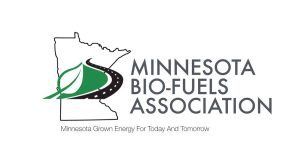In December, Green Plains Inc. of Nebraska partnered with Syngenta to expand its use of Enogen® corn across its 1.5 billion gallon production platform, and last month CHS Inc. signed on to use Enogen® corn at its 130-million-gallon ethanol plant in Rochelle, Illinois.
“Enogen is rapidly gaining popularity because of the value it delivers to ethanol producers and the opportunity it provides corn growers to be enzyme suppliers for their local ethanol plants,” said Jeff Oestmann, head of Bio-fuels Operations for Enogen at Syngenta. “We are proud to have made a significant investment to bring this game-changing technology to market to help make ethanol more sustainable and to help plants differentiate their offerings and support their local communities by keeping enzyme dollars local.”
Oestmann was at the National Ethanol Conference last week where Syngenta Enogen was a sponsor and I interviewed him to learn more about the expanding footprint of this trait. Interview with Jeff Oestmann, Syngenta Enogen











